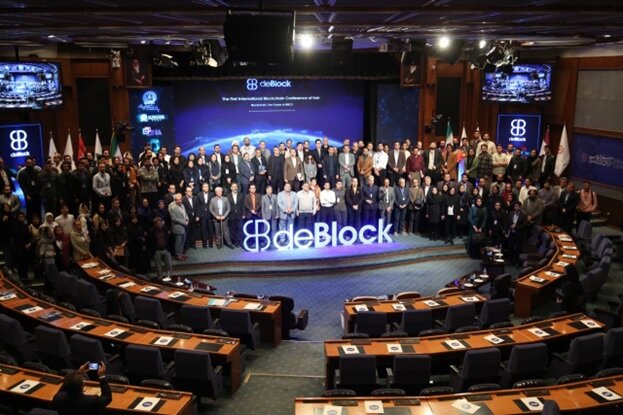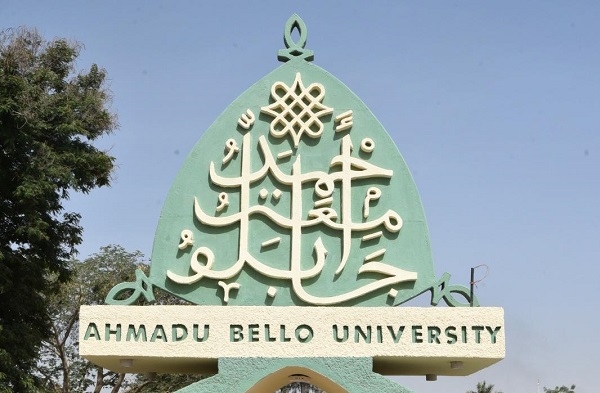Copyright mehrnews

The event, inaugurated with a message from the Speaker of the Iranian Parliament, Mohammad Bagher Ghalibaf, gathered economists, fintech experts, diplomats, and representatives from BRICS member states to discuss the role of digital assets in shaping the future of Iran’s and the global economy, emphasizing the need for a national roadmap for crypto regulation. The two-day conference — planned and promoted for over eighteen months — served as a convergence point for strategic policymaking, academic research, and technical expertise in the fields of crypto assets and the digital economy. Ghalibaf: Crypto Assets, a Necessity for Iran’s Future Economy The opening ceremony began with the reading of Ghalibaf’s message by Ali Asghar Qaemi, a member of Tehran’s City Council. In his statement, the Parliament Speaker underscored that “Crypto assets are a necessity for Iran’s future economy” and called for the formulation of a national roadmap to guide the development of this industry. “ Regulation without strategy may lead to instability and capital flight,” he warned, emphasizing that the Majlis (Parliament) stands ready to cooperate with scientific elites and entrepreneurs to design forward-looking legislation that harnesses the potential of emerging financial technologies. Referring to the shifting structure of global power and the rise of blocs like BRICS, Ghalibaf added: “The global economy is moving toward multipolarity. International cooperation within frameworks such as BRICS creates strategic opportunities for nations. For the Islamic Republic of Iran, this collaboration provides a means to diversify financial exchange mechanisms and reduce dependence on traditional financial systems.” He also referred to the 10 percent target for the digital economy’s share in Iran’s Seventh National Development Plan, noting that this goal cannot be achieved without embracing crypto assets. The Speaker urged the Ministry of Economic Affairs and Finance, the Central Bank, and the Ministry of Industry, Mine and Trade to take “practical and coordinated action” toward healthy and regulated growth of this sector. Crypto Assets: BRICS’ Tool for Financial Independence The central theme of deBlock 2025 was the intersection of decentralized technologies and BRICS financial cooperation. According to organizers, blockchain and crypto assets can serve as technological foundations for the financial infrastructure of BRICS economies — a notion that brought together economists, policymakers, and researchers to explore non-traditional models of international financial interaction. Pouria Astaraki, founder and secretary of deBlock, highlighted the role of blockchain in the global de-dollarization movement, saying: “Bitcoin is the first technological market for de-dollarization. Its resilience against the dominance of the dollar symbolizes the emergence of a technological front against U.S. financial hegemony.” Astaraki announced that over 100 research papers had been submitted from around the world, with 20 top papers awarded a total of 12 Ethereum tokens (over $40,000) in recognition of their contributions to the field. Representatives from 15 Countries Attend According to the organizers, delegates from more than 15 countries, including BRICS members and Central Asian states, attended the conference. The wide participation of diplomats, academics, fintech entrepreneurs, and executives from online exchanges added a diplomatic and global dimension to the event, drawing the attention of international media. Hakim Javadi, head of the Iranian ICT Guild Organization, compared the blockchain revolution to the internet revolution, saying: “To overcome economic crises, we must move toward blockchain. This technology has revolutionized the notion of trust and is transforming traditional economic models.” Shamseddin Hosseini, Chairman of the Parliament’s Economic Committee, also emphasized that achieving smart governance and the targeted 10 percent share of the digital economy “is impossible without crypto assets.” He added that technology must lead to a better quality of life, and lawmakers bear the responsibility to ensure secure and transparent regulatory frameworks for this transformation. MoU Signed with Trescon Global A key highlight of the event was the signing of a memorandum of understanding (MoU) between the deBlock Conference and Trescon Global, a Dubai-based international organizer of major tech events, including the World Blockchain Summit. The agreement marks a significant step toward the internationalization of deBlock. Reza Soltani, Executive Director of deBlock, announced that the MoU aims to facilitate holding a regional or international edition of deBlock in Dubai, as well as exploring the creation of a “Wiki FinTech” platform in Tehran. “As someone deeply committed to my country, I believe Iran has the potential to become the regional hub for decentralized technologies,” Soltani said. “Collaboration with Trescon can attract foreign investment, enhance international credibility, and expand technological partnerships with BRICS countries.” A Step Toward Iran’s Digital Economic Future With the participation of media organizations, regulatory bodies, knowledge-based firms, and crypto market players, deBlock 2025 has been recognized as Iran’s first comprehensive and policy-driven gathering on crypto assets. According to the conference secretariat, future goals include publishing a scientific proceedings volume, establishing permanent international partnerships, and creating a standing secretariat for upcoming editions. Organizers emphasized that deBlock 2025 is not merely an event, but the beginning of a movement to position Iran as a regional hub for blockchain and crypto assets, in collaboration with BRICS and other emerging economies.



